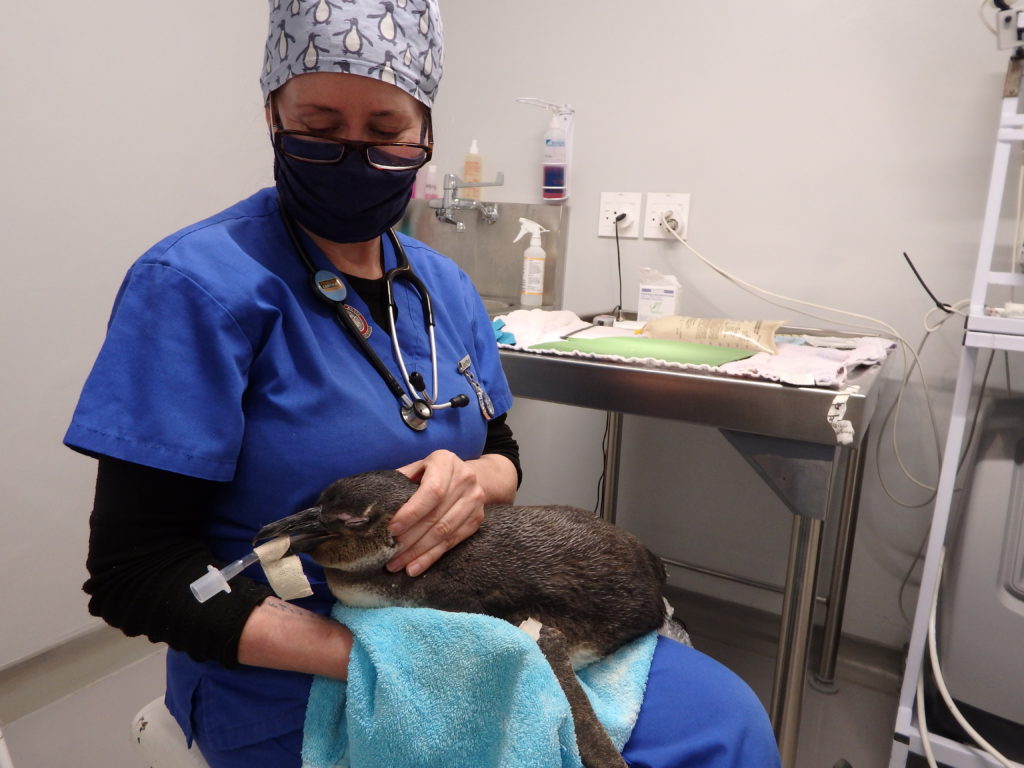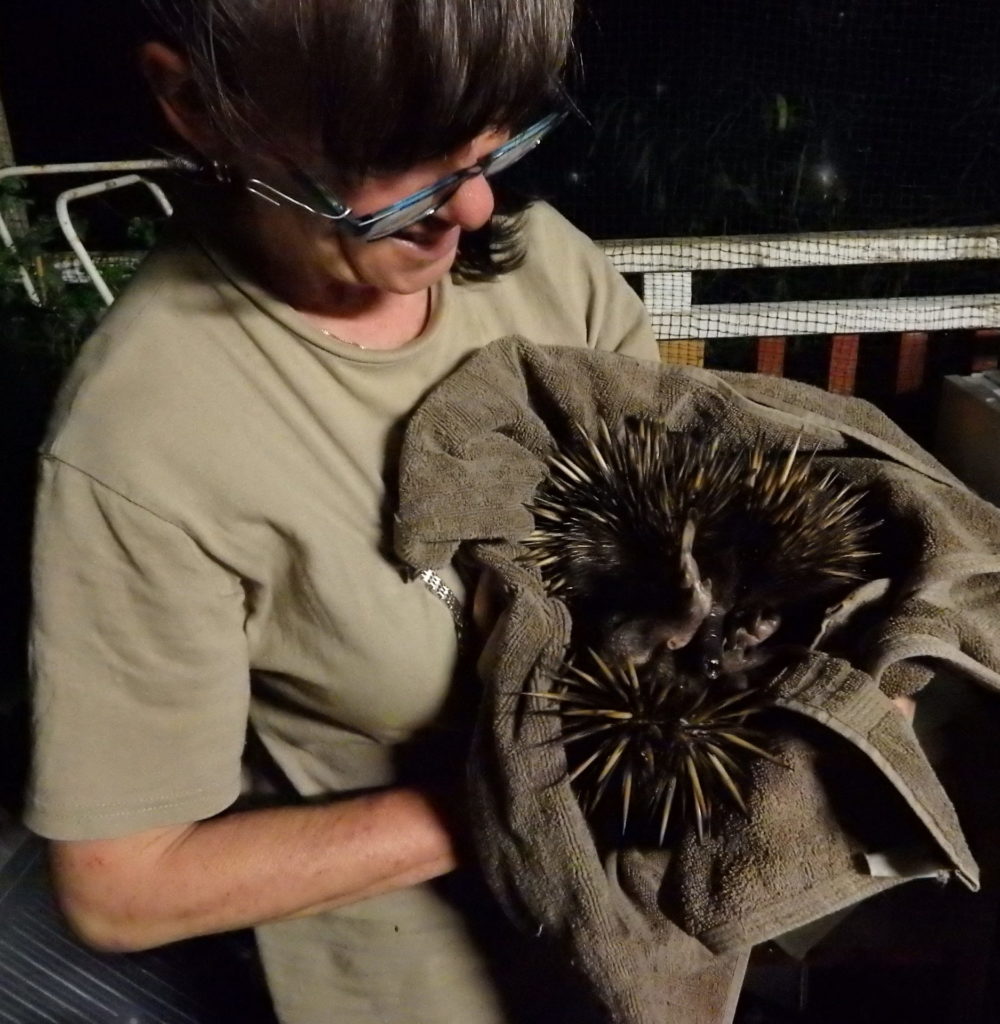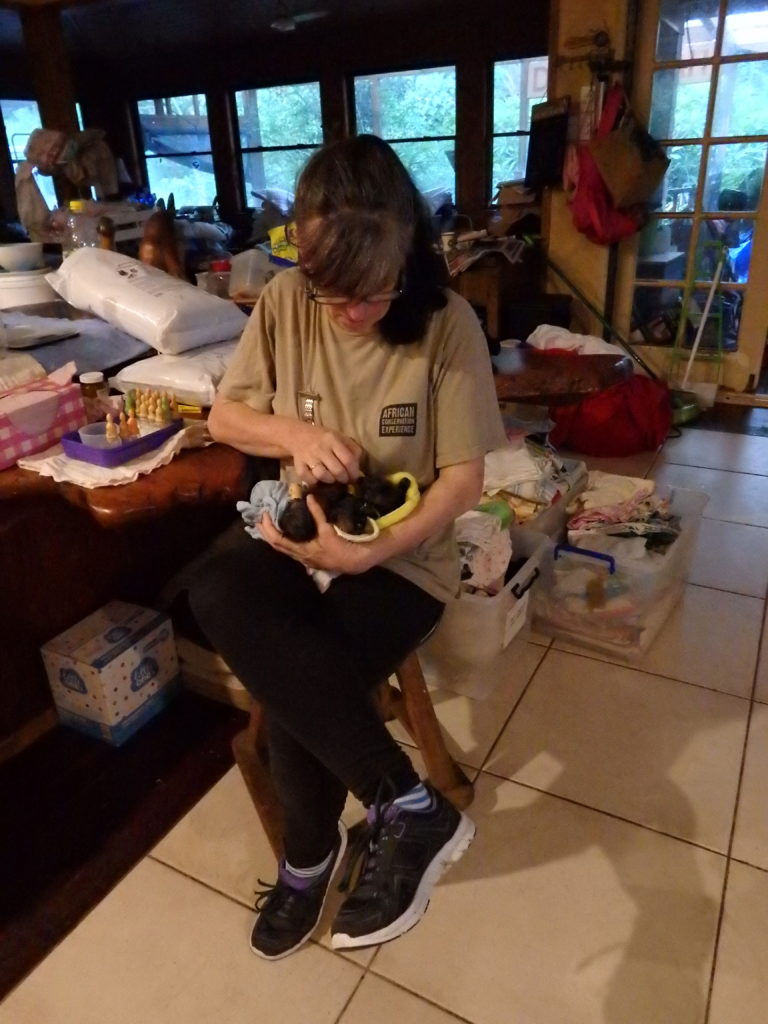Our Member Spotlights feature our incredible members across the world, rehabilitating baby penguins in South Africa, sea turtles in Cyprus, bats in the United States, brown bears in Kosovo, and beyond. We invite you to visit our map to meet more members and click here if you are an IWRC member who would like to be featured.
Name: Frances Bell RVN, DipVNZS, CWR
Organization: Southern African Foundation for the Conservation of Coastal Birds (SANCCOB)
Location: Capetown, South Africa

IWRC: Hi Frances! So, tell us a little bit about yourself…
Frances: I’ve been rehabbing wildlife for the last ten years in Australia, the UK and South Africa. I work mostly with birds but have also helped out with antelope, dassies, kangaroos, turtles, skinks, mongeese, tortoises, servals, bandicoots, hedgehogs, bats (of all kinds), vervet monkeys and…. did I mention birds? Including penguins? I went off to get my vet nursing qualification and after working for a couple of years in small animal practice, am now back in Capetown with my beloved penguins.
IWRC: What brought you into wildlife rehabilitation work?
Frances: A desire to give something back.
IWRC: What wildlife species do you rehabilitate?
Frances: Any one I’m presented with! There are so many on my bucket list that I want to work with – sloths, pangolins, bears, manatees and and and… the list is endless.
IWRC: What is your fondest wildlife rehabilitation memory?
Frances: Releasing the first lot of penguin “blues” I’d reared from eggs. There’s nothing like the bitter-sweet feeling when precious babies who I’d poured so much love, time and effort into took their very first swim in the ocean, where they belong. It made all the heartbreak of a nightmare run of infection and dead chicks worthwhile.

IWRC: What challenges have you faced in your wildlife rehabilitation work?
Frances: Working with organisations who just want to keep doing what they’ve always done and are not open to even good change.
IWRC: Has the IWRC aided you in your journey as a wildlife rehabilitator? If so, can you explain how or give an example?
Frances: The IWRC helped me lift my rehab game… I learnt a lot in preparation for the CWR exam and realised that to provide gold standard care, I have to be committed to learning for the rest of my life.
IWRC: What common misconception about wildlife rehabilitation would you like to dispel?
Frances: That it’s about cuddling animals!!! That it’s appropriate to treat them like we do our non-human companions. That it’s easy and never has an emotional cost.

IWRC: How has your wildlife rehabilitation work been impacted by COVID-19?
Frances: It hasn’t. I’m still working with an endangered species because wildlife rehab orgs are deemed essential services. I have no idea when I’ll get home but it doesn’t matter – because right now I’m where I need to be, doing what I need to be doing.
IWRC: What local, national, or international policy would you like to see that would support wildlife rehabilitation?
Frances: Uniform international standards for wildlife rehabber accreditation and ongoing education just like the other animal professions – vets and vet nurses. Compulsory accreditation and registration of anyone who wants to call themselves a wildlife rehabber to ensure that everyone works to the highest standards. Recognition for wildlife rehabilitation as a profession in it’s own right, instead of, as in so many countries around the world, something that’s done on a voluntary basis by dedicated individuals who give their time, effort and money to help the helpless. Government funding for wildlife rehabilitation orgs so that what we do is not so constrained by a lack of funds.
IWRC: What do you hope for the future of wildlife rehabilitation?
Frances: That every rehabber realises the value of continuing education for the sake of the health and welfare of every animal that comes into care.
IWRC: What message would you like to share with other IWRC members and wildlife rehabilitators across the world?
Frances: What you do matters, whether you’re saving critically endangered species or common species such as pigeons. All are worthy of our best efforts regardless of their IUCN status. And our best efforts sometimes require stepping out of our comfort zones and learning new skills, new treatments, new ways of thinking.
IWRC: Where can people learn more and follow your work?
Facebook: https://www.facebook.com/SANCCOBSavesSeabirds/
IWRC: Thank you so much for everything you do and sharing your story with us, Frances!
We want to hear from you! If you an IWRC member and would like to share your wildlife rehabilitator story with us, please click here.

Leave a Reply
You must be logged in to post a comment.